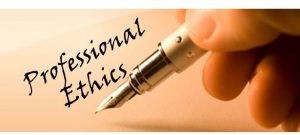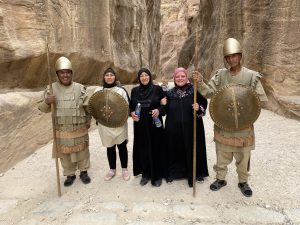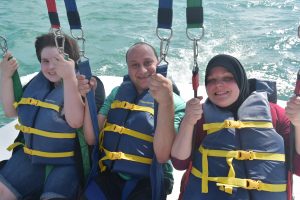
I will continue to demonstrate ethical decision-making and apply critical thinking principles within the realms of practice, research for course work, and policy areas. I will continue life-long learning and continue to update my skill set by adhering to and following the NASW Code of Ethics in practicum. I will utilize self-reflection and regulation of self to manage personal values and maintain professionalism in practice settings. I can demonstrate a professional demeanor in my behavior, appearance, oral, written, and electronic communication forms. I will continue demonstrating ethics and professionalism while using technological devices, i.e., cell phones and computers, ethically and appropriately to facilitate practice outcomes. I can glean from supervision and consultation with my academic advisor and field instructor to develop the skills I need to exemplify professional judgment and behavior in practice.
Evidence

1A – Develop a practice framework for the analysis of complex environments that is ethical, value-grounded, and evidenced-based
Course Evidence: In my Advanced Administration Practice II class, I was able to identify the ethical issues of a case and analyze alternative types of ethics. From this case, I was able to critique the practical constraints of the alternative types of ethics. This included teleological, utilitarian, virtue, divine/deontological, liberal, and ethics of care. When analyzing this case, we decided which action should be taken to remedy the ethical dilemma as a group. Based on this case analysis, I learned how to think critically and analyze solutions to a problem/dilemma by looking at multiple ways of thinking skills in a particular ethical dilemma. Please view Cost Justified.
1B – Implement supervisory and self-care strategies that integrate professional strengths, limitations, and challenges
Field Evidence: Throughout this year, I utilized some form of self-care each week during the field. I learned that self-care is essential in preventing burn out. Self-care has enabled me to perform at my best, empowers me to help those I serve, and prepares me for any challenges I’m facing. I was able to incorporate taking a vacation as a self-care strategy to get through each semester. Please view Self Care Examples used in practicum and pictures from my vacations.






1C – Exhibit commitment to professional growth through continuing education, supervision, and ongoing consultation
Course Evidence: During the fall semester at Southern Adventist University in my Advanced Administration Practice I (Program Development) course, I completed two training courses that exhibit this competency. The Six Sigma White Belt Certification training course discussed the six sigma advantages to operating businesses and introduces students to the fundamental principles of improving production processes, identifying risks, mistakes, eliminating defects within the business process, and guaranteeing quality for customers.
The Collaborative Institutional Training Initiative CITI Certificate training course went over important aspects of conducting research involving human subjects; such as plagiarism, research misconduct, authorship, collaborative research, conflicts of interest, data management, and peer review.
Other Evidence: I attended a training offered by NASW: Engaging and Working with the Hard-to-Reach Client. This training talks about the four phases of working with clients. This provided an overview of how to tune in and respond directly to indirect communications. The training also talked about false dichotomies and phony dualisms, which is when we believe we have to choose between what we perceive as two opposite interventions.
1D – Demonstrate professional oral and written communication skills
Field Evidence: I had the opportunity to demonstrate professional communication skills orally and written throughout my field experience. Please view the following Journal Entries. Skills used to demonstrate these skills were empathy with the client, active listening to individual and group client concerns, professional documentation of therapy progress notes, documentation of treatment plans, and verbal communication and email correspondence with staff, specifically during weekly supervision.
Course evidence: I demonstrated these skills in course work that I transferred from Barry University in Advanced Clinical Work with Individuals. The demonstration of professional oral skills can be found in this audio file. I was able to utilize Cognitive Behavioral Therapy, Mindfulness through the use of Grounding Techniques, and referral to outside resources to help the pseudo client interact with more people that are in similar situations. Further demonstration of professional skills was utilized in writing out in detail skills used during the demonstration. Please review the CBT Skills Demonstration paper.